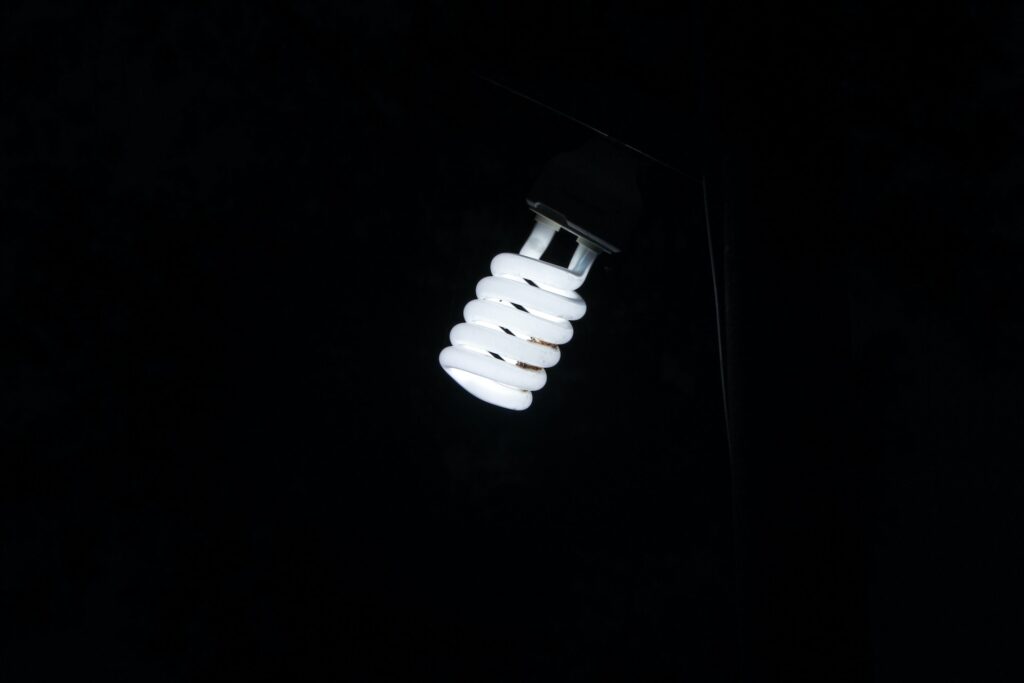Budgeting With Electric Plans: Controlling Costs

Keeping track of family spending has become an art form in a world where technology permeates every aspect of our lives. One significant component of these expenses is the often-overlooked realm of electricity bills. As our reliance on electronic devices grows, so does the importance of finding effective ways to control and budget for our energy consumption. In this blog post, we’ll delve into the realm of electric plans, exploring what they entail and how they can serve as a powerful tool in reducing your energy bills.
What an Electric Plan Is
Electric plans, in essence, are structured agreements between consumers and utility providers that dictate the terms of your electricity usage and associated costs. These plans come in various shapes and sizes, offering different rates, contract lengths, and perks. With the right electric plan, you can gain more control over your electricity expenses and, as we’ll explore later, reduce your energy bills significantly. The primary goal of an electric plan is to provide consumers with a clear understanding of their energy usage patterns and costs, allowing for better financial planning and resource management.
Understanding Your Energy Consumption
Understanding your energy consumption is a crucial step in the journey towards effective budgeting with electric plans. It involves delving into the intricate details of how, when, and where your household utilizes electricity. Conducting a comprehensive energy audit allows you to identify the major contributors to your electricity bills, whether it be energy-intensive appliances, inefficient lighting, or seasonal fluctuations in usage. By scrutinizing patterns and pinpointing areas of excess, you gain invaluable insights that form the foundation of informed decision-making. This process not only empowers you to make conscious choices about your energy usage but also enables you to select an electric plan that aligns seamlessly with your consumption patterns, ensuring that your budgeting strategy is tailored to your unique needs. Understanding your energy consumption is not merely a task but a gateway to unlocking a more efficient and cost-effective approach to managing your household’s electricity usage.
Choosing the Right Electric Plan
With an understanding of your energy consumption, the next step is to choose the right electric plan for your household. There are various types of plans available, including fixed-rate plans, variable-rate plans, and renewable energy plans. Fixed-rate plans provide stability with a consistent monthly rate, while variable-rate plans fluctuate based on market conditions. Renewable energy plans, on the other hand, allow you to support environmentally friendly energy sources. Carefully evaluating your lifestyle, budget, and environmental preferences will guide you in selecting the plan that aligns best with your unique circumstances.
Reducing Your Energy Bills
At the heart of budgeting with electric plans lies the undeniable opportunity to reduce your energy bills. By opting for energy-efficient appliances, making simple lifestyle changes, and choosing the right electric plan, you can witness a substantial drop in your monthly electricity expenses. The key is to leverage the flexibility and options provided by electric plans to create a personalized strategy that maximizes savings without compromising on comfort or convenience.

Implementing Energy-Saving Practices
Implementing energy-saving practices is the linchpin of a successful strategy to control costs and reduce electricity bills. Small, intentional changes in daily habits can yield substantial long-term benefits for both your wallet and the environment. Start by adopting a proactive approach to lighting – switch to energy-efficient LED bulbs and remember to turn lights off when rooms are unoccupied. Embrace the power of natural light whenever possible. Adjusting thermostat settings and investing in a programmable thermostat can ensure that energy is not wasted on heating or cooling an empty home. Unplug electronic devices and chargers when they’re not in use to curb “phantom” energy consumption. Furthermore, consider upgrading to energy-efficient appliances, which not only contribute to lower energy bills but also often come with added incentives.
Monitoring and Adjusting
Successfully budgeting with electric plans isn’t a one-time endeavor; it requires continuous monitoring and adjustments. Regularly reviewing your energy usage, understanding billing statements, and staying informed about changes in the market can help you stay proactive in managing your electricity expenses. Additionally, being open to exploring new electric plans as your needs evolve ensures that you always have a strategy in place to optimize cost control.
Electric plans show up as a potent tool for cost management and energy bill reduction in the complex web of household budgeting. Armed with an understanding of your energy consumption, the right plan can pave the way for significant savings and increased financial stability. By making informed choices, implementing energy-saving practices, and staying vigilant in monitoring usage, you can navigate the world of electric plans with confidence, ultimately achieving a harmonious balance between comfort, convenience, and cost-effectiveness.







